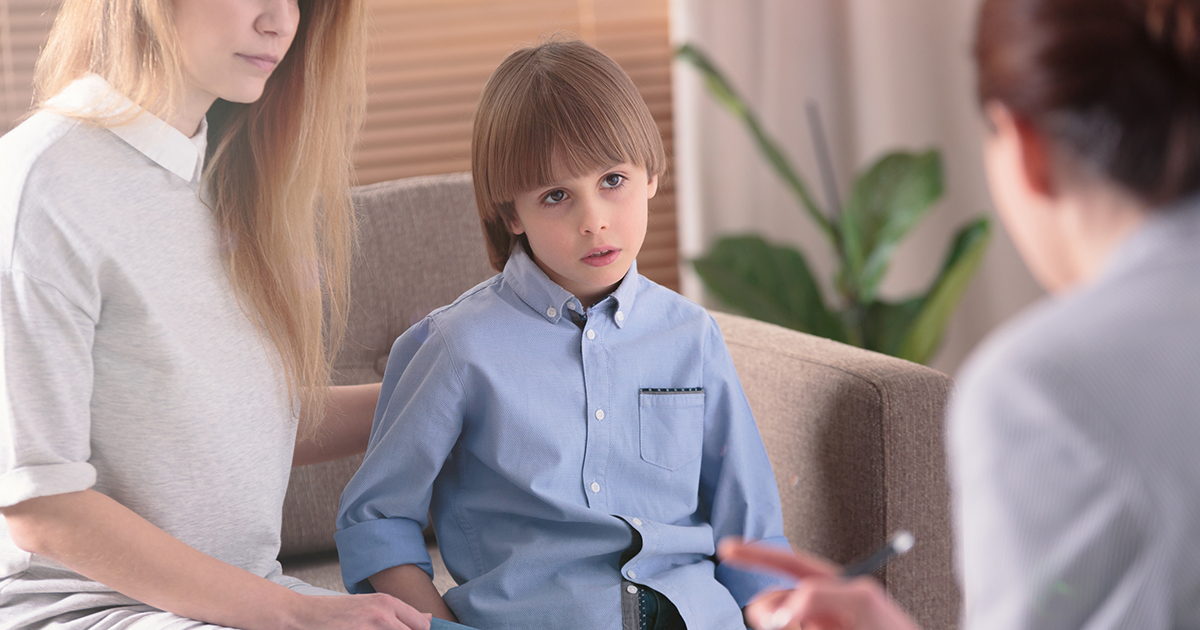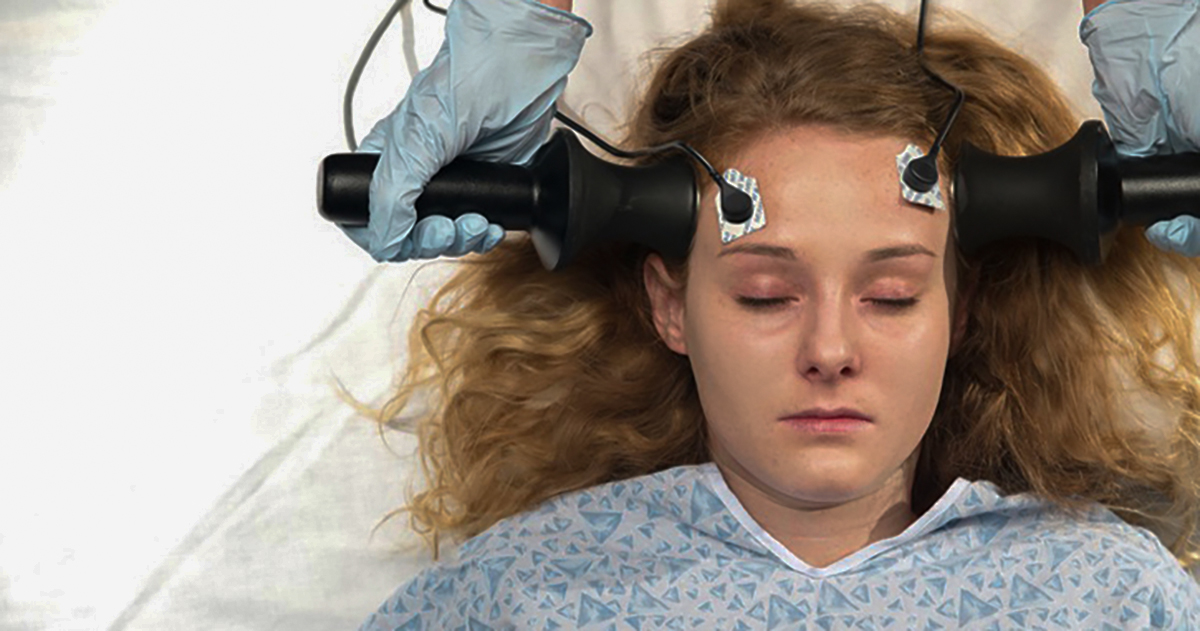The Best Ways To Treat Postpartum Depression
According to the American Psychological Association, postpartum depression (PPD) affects up to one in seven women. Eighty percent of women experience mild forms of depression during the first few weeks of motherhood; however, many women will experience a far more severe form of depression that will not go away on its own. The best thing for a woman to do once she begins to have signs of postpartum depression is to seek out medical assistance and develop a support system.
Some symptoms include drastic changes in appetite, uncontrollable crying, fear of being a lousy mother or of being alone with the child, lack of interest in things you used to enjoy, disinterest in the baby, sleeping too much or too little and thoughts of hurting the baby or yourself.
Psychotherapy

Many women struggle with postpartum depression because they are unaware they have it. The moment you begin to feel any symptoms, it is time to speak with a psychotherapist. PPD is a form of clinical depression, and speaking to a professional about your feelings and areas of concerns can be a tremendous sense of relief. Psychotherapy for postpartum depression varies somewhat from general treatment in that this type of therapy will begin by focusing on symptom relief.
Therapists will work with patients to give them back some control over their lives, and will also help to instill confidence in the patient by confirming their feelings are quite common and they don't need to feel ashamed. In most cases, women will not seek out psychotherapy as long-term treatment, but rather as a temporary course of action until the depression has passed. In other cases, women will continue to see a therapist to aid in other aspects of her life.
Antidepressants

According to reports, roughly one in six Americans take antidepressants. Thus, it should come as no surprise that women who suffer from postpartum depression will also take this type of medication to get them through the difficult days. Much like therapy, mothers suffering from PPD will not always have to stay on the prescription for the rest of their lives. This, too, will be a temporary solution. Each type of antidepressant will target different aspects of the brain’s chemistry.
In some cases, women will have to change the type of medication they are using to find one that works best, and the same might be true of dosage levels. And, it is important to note it could take a few weeks for the medication to begin working properly, so women need to be patient until it becomes effective. The newer medications have fewer side effects; however, all antidepressants have some side effects such as nausea, dizziness, weight gain, weight loss, trouble sleeping, dry mouth, diarrhea, and headaches.
Support Network

It is important to be an active participant in a support network, such as one made of family members. It is possible you might discover other women in your family have also suffered from postpartum depression. Women, particularly new mothers, tend to put pressure on themselves to be perfect and keep their feelings to themselves as not to appear less so. As a result, they begin to have feelings of inadequacies and resentment when, in fact, many women go through the same feelings.
If you are not comfortable speaking to family members or friends with kids, join a support group for women with PPD. You should be able to find one nearby, even if you live in a small town. These groups can help teach coping skills from other mothers that you may not learn from therapy. It can also be incredibly helpful and beneficial to meet new mothers in your area to help with additional parental challenges in the future.
Electroconvulsive Therapy

Electroconvulsive therapy (ECT) is perhaps lesser known than psychotherapy. However, many women experience positive results with this form of treatment. ECT is one in which minor electrical currents pass through the brain to intentionally create a harmless and momentary seizure. It is believed electroconvulsive therapy will make changes in the woman’s brain chemistry, thus reducing postpartum depression symptoms.
ECT is typically used for women who do not respond to other treatments, or if women have postpartum psychosis instead of PPD. It is important to note this type of treatment can make it difficult for a woman to breastfeed. It is also possible hospitalization may be necessary to receive electroconvulsive therapy.
Cognitive Behavioral Therapy

Cognitive behavioral therapy (CBT) is often successful to change the actions, feelings, and thoughts of individuals in any number of scenarios, including postpartum depression. CBT will focus on the existing problem at hand and corresponding solutions, rather than aspects of life that have occurred in the past. It will also focus on your views and beliefs about being a new mother rather than personality traits. This type of therapy will work to create lifestyle behavior that works for you. It is an exceptional way to help a mother positively control her thoughts. Cognitive behavioral therapy will also help create personalized coping methodologies to make life more manageable.
